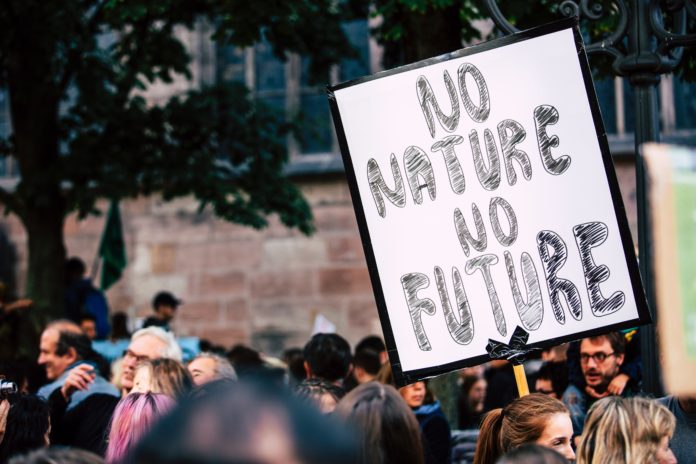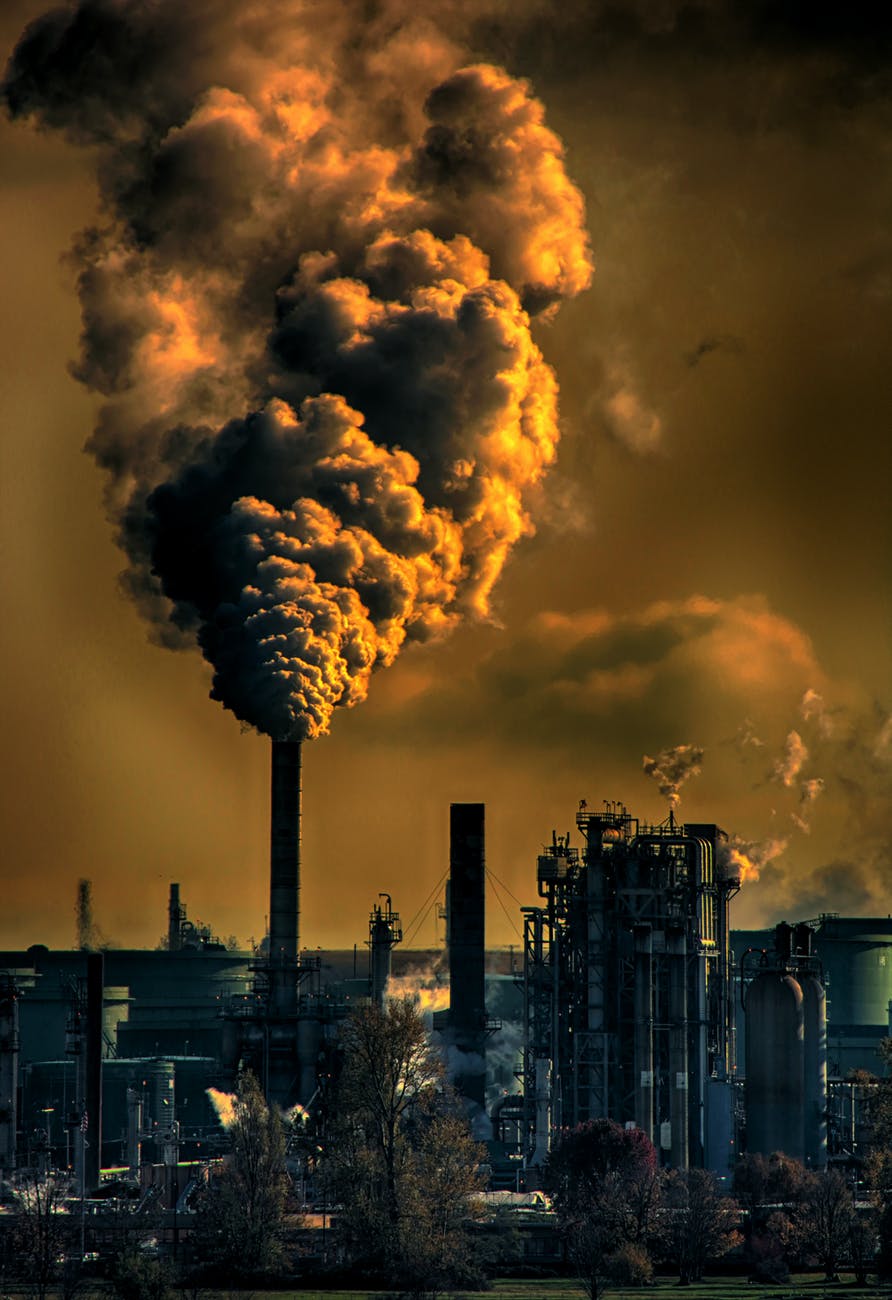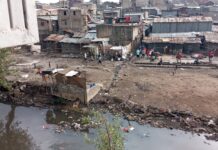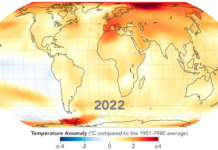By Mary Mwendwa
Nairobi, Kenya: A new report shows that despite warm words about the importance of Africa and the Commonwealth by British Prime Minister Boris Johnson and the leaders of Australia and Canada, their countries’ carbon emissions, and lack of action on a climate-friendly, post-Covid green recovery, threatens the future of other Commonwealth countries – especially those in Africa.
The report, Climate Change Inequality in the Commonwealth, is produced by the Kenyan-based climate and energy think tank Power Shift, Africa. It shows that:
- Per capita, the UK, host of the next global climate summit COP26, burns more CO2 than 18 Commonwealth countries combined.
- The figure is even higher for Canada and Australia who burn more than the combined per capita emissions of 27 and 28 Commonwealth countries respectively – that’s half of the bloc’s 54 member states combined.
- Post-Covid stimulus packages in these countries are currently making the climate crisis worse, rather than accelerating the energy transition.
- In the most recent Climate Risk Index, which ranks countries most affected by extreme weather over a 12-month period, 6 of the top 10 nations, were in the Commonwealth.
In 2002 UK Prime Minister Boris Johnson wrote about Africa: “The continent may be a blot, but it is not a blot upon our conscience. “The problem is not that we were once in charge, but that we are not in charge anymore.” However, he recently gushed about the deep ties between his country and Africa at last year’s UK-Africa Summit.
There is a big gap between Boris Johnson’s recent rhetoric on the importance of the Commonwealth and UK’s emissions. And his underwhelming actions on a green recovery suggest a worrying lack of climate leadership less than a year until the crucial COP26 climate summit is held in Glasgow.
Climate change is a major threat to Africa and its citizens so it’s vital that the COP26 summit is a success. For that to happen, Mohamed Adow, Director of the Nairobi-based think tank Power Shift Africa, said it was essential that the UK upped its efforts to tackle the climate crisis both at home and abroad.
“It’s remarkable that there is such climate inequality within the Commonwealth. Whether it is droughts and desertification in Sub-Saharan Africa, water shortages in Cape Town, floodwaters in Bangladesh and India or rising sea levels threatening the Pacific Islands, more than ever.” Adow.
Adow further noted that it is now clear that the Commonwealth’s poorest citizens are already bearing the brunt of climate change.
“This climate change has been driven by the Commonwealth’s big polluters; the UK, Australia, and Canada. With Boris Johnson seeking new post-Brexit trade deals with Commonwealth members one would think he might act more decisively on climate change considering the impact of the UK’s current, and historic, emissions.”
“Australia burning more carbon dioxide than half of the Commonwealth countries combined shows how it is becoming a rogue nation when it comes to climate change. The fact their post-Covid recovery is only entrenching this status is shameful.” He added.
“It’s vital that these countries stop using their post-Covid stimulus plans to entrench further emissions and instead invest in a green recovery that will accelerate the transition to a zero-carbon world.”
The report, as well as providing an analysis of the UK, Canada, and Australia, also highlights efforts being undertaken in Commonwealth countries in Africa to recover from the Covid pandemic.
These sentiments were echoed by Youba Sokona, a leading African development, energy, and climate expert. He said, “Africa has always looked to its Commonwealth allies but at the moment, faced with this climate crisis, it does not see a role model to follow. The vast emissions that the UK, Canada, and Australia produce compared to the rest of the Commonwealth are a direct threat to African lives and livelihoods.”
“If they really cared about the Commonwealth, as they claim, these leaders would be doing far more to curb their emissions. They would be supporting the other Commonwealth members in their efforts towards zero emissions development pathways and help clean up the mess they have contributed to.”
“Thankfully Africa has the potential to take different, cleaner, pathways. It has huge renewable energy potential but it lacks the finances, capacity, and technology to harness it. African countries are doing what they can but investment from richer Commonwealth allies to help accelerate this transition and boost energy access would go a long way to leveling up the climate inequality within the Commonwealth.”
The report also highlights the positive efforts that are being made in Africa to recover from the economic downturn in a sustainable way that doesn’t exacerbate the climate crisis.
Africa has a vast potential to become a renewable energy superpower if it can harness the abundant clean wind and solar energy on the continent. To do that will require a vision from African leaders and the ability to avoid the mistakes made by the polluting nations and demonstrate a cleaner and better path for development.
Commonwealth climate inequality
| Commonwealth Country | C02 per capita 2019
(tonnes) |
Cumulative
(tonnes) |
|
| 1 | Malawi | 0.08 | |
| 2 | Rwanda | 0.09 | |
| 3 | Tuvalu | 0.1 | |
| 4 | Uganda | 0.1 | |
| 5 | Sierra Leone | 0.2 | |
| 6 | Solomon Islands | 0.2 | |
| 7 | Tanzania | 0.2 | |
| 8 | Kiribati | 0.3 | |
| 9 | Lesotho | 0.3 | |
| 10 | Mozambique | 0.3 | |
| 11 | The Gambia | 0.3 | |
| 12 | Vanuatu | 0.3 | |
| 13 | Cameroon | 0.4 | |
| 14 | Kenya | 0.4 | |
| 15 | Zambia | 0.4 | |
| 16 | Nigeria | 0.5 | |
| 17 | Papua New Guinea | 0.5 | |
| 18 | Ghana | 0.6 | 5.27 |
| 19 | Bangladesh | 0.7 | |
| 20 | Samoa | 0.7 | |
| 21 | Eswatini | 0.8 | |
| 22 | Pakistan | 1.1 | |
| 23 | Tonga | 1.2 | |
| 24 | Dominica | 1.3 | |
| 25 | Sri Lanka | 1.3 | |
| 26 | Saint Vincent and the Grenadines | 1.3 | |
| 27 | Fiji | 1.5 | 15.17 |
| 28 | Saint Lucia | 1.6 | 16.77 |
| UK | 5.5 | ||
| Canada | 15.7 | ||
| Australia | 17.3 |
Source: EDGAR















